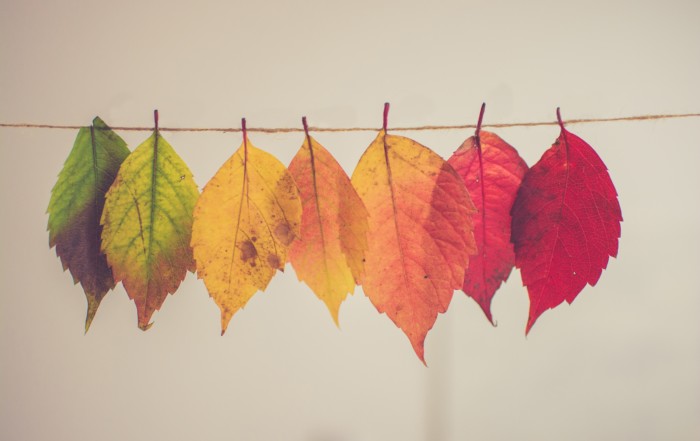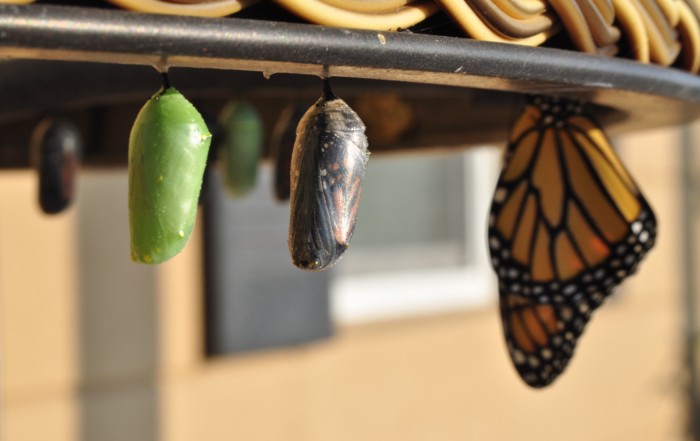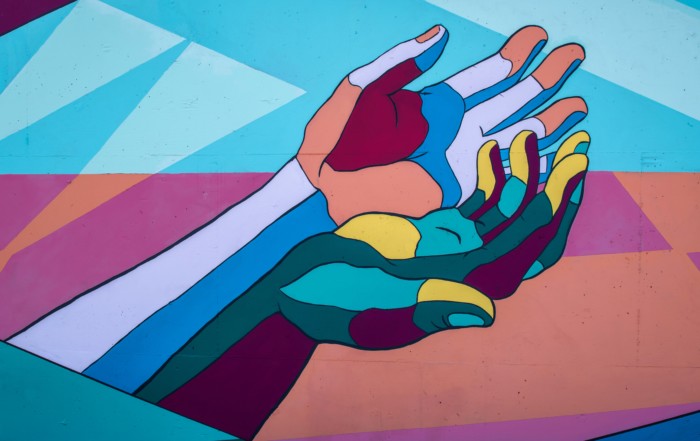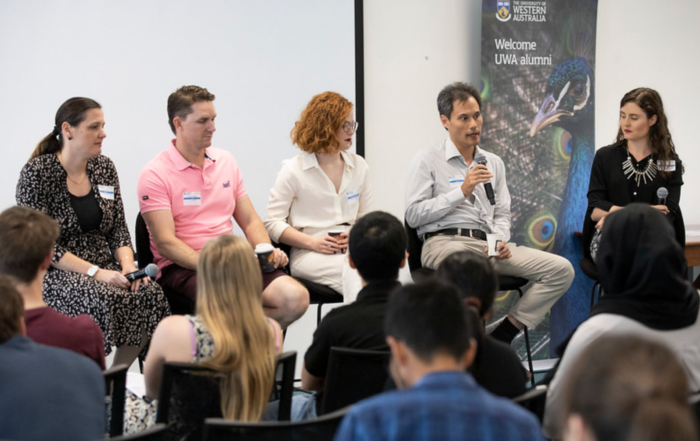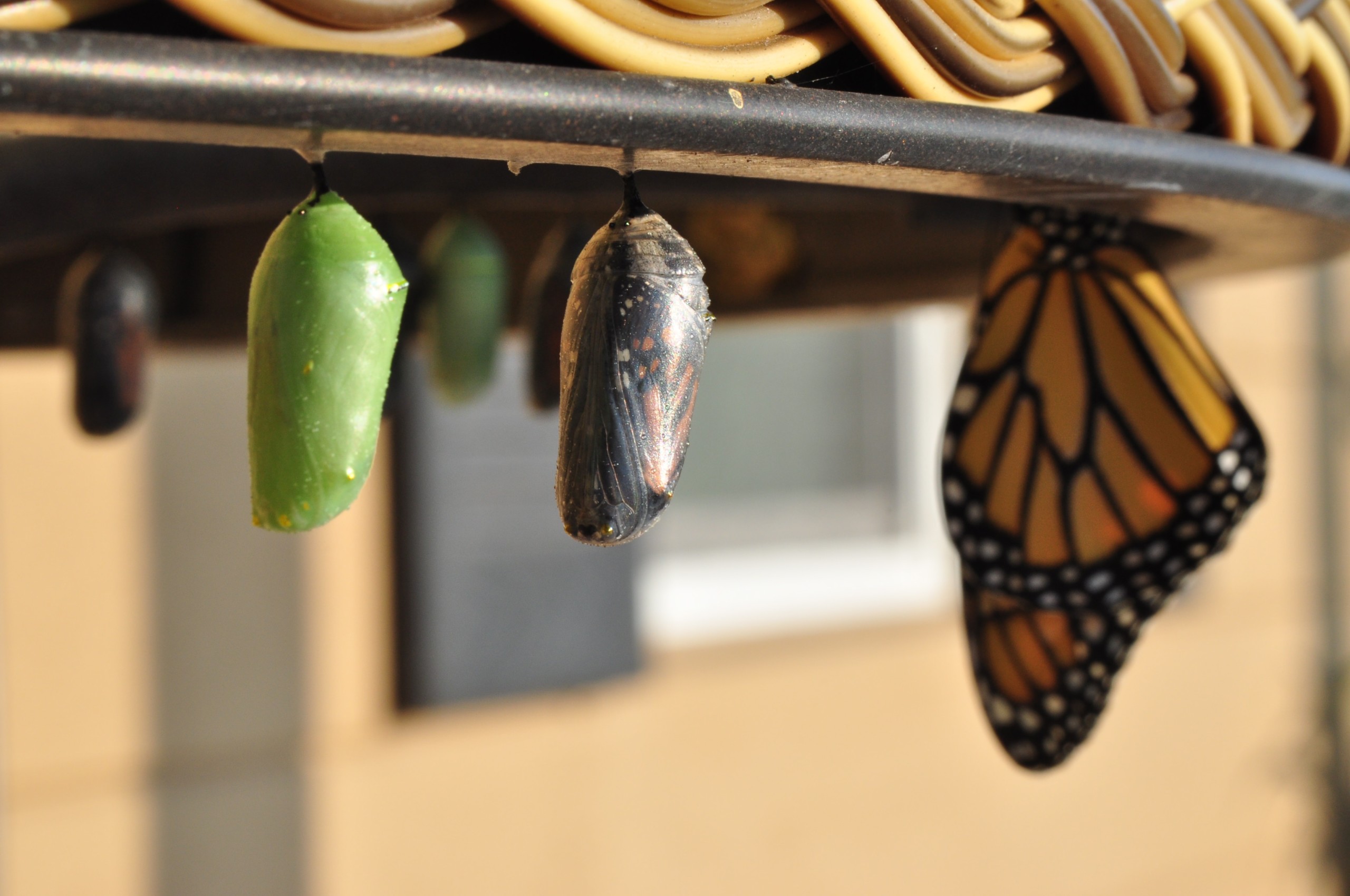
6 solutions to deal with change
Overcoming struggle and uncertainty
Dr Adam Fraser is a peak performance researcher who helps organisations and individuals push beyond their potential. He has been researching performance and wellbeing for over 20 years. As a guest speaker at a recent Business Chicks event, he spoke on “Overcoming struggle and uncertainty”; a topic highly relevant in the current COVID-19 environment, particularly as we consider the changes in the way we live our lives and the corresponding impacts on mental health.
Fraser shared 6 practical solutions that can help us deal with this change, which we discuss below, as well as sharing how our team has been coping during these uncertain times.
When we think about what we’re most proud of, it’s usually something that was particularly hard to achieve. When Dr Fraser asked this of the audience, answers included building a business from the ground up, leaving a dysfunctional relationship, and completing higher education whilst working full-time. What all these responses have in common is that to achieve these accomplishments, we have to sit with the uncomfortable feeling of struggle.
When we’re feeling negative, we self-medicate with food, TV or alcohol, or we procrastinate because we are waiting to be happy before we act. People who handle struggle well, don’t wait for these positive emotions to act for change, they just go and do it.
People who deal well with struggle, don’t beat themselves up if they’re not dealing with things well. They accept that some days are better than others. They show themselves some compassion.
Try not to judge other people’s reactions either. People need empathy and validation. Don’t say things like “be positive”, that “it’s not that bad”, that “this person has it way worse” or that “you shouldn’t feel like that”. It’s much better to say things like, “I understand why you’re scared, I’m scared too”, “this is so frustrating” or “I’m finding it hard to focus too, now that things are so uncertain.” When we validate and name the emotion, people can move into action faster.
Some days we’re going to experience negative emotions and have bad days. We need to practice acceptance for that and show compassion. We don’t want to spiral, so try balance these negative feelings with things that bring us joy.
At Tower, some of our team have found that writing a list of things that we enjoy can help. The list is a combination of big things (taking 4 hours to cook a delicious meal in the slow cooker) to small things (making a pot of tea). Whatever it was, we took our time and enjoyed the process.
When we made pots of tea, we treated ourselves and opted for loose leaf, letting it steep. We chose our favourite mug and sometimes, we added a biscuit on the side. We focused on things like the flavour of the tea and biscuit’s texture. Taking time to notice these things, allows you to appreciate the smaller things, and keeps you in the moment.
Our list included things that require a lot of energy (dancing, doing a workout video) and some that almost require no energy at all (watching a movie, having a bath). This way, there will be things that you can enjoy no matter what your energy levels are at.
Dr Fraser said to always nurture your bad feelings. Acceptance means acknowledging that you feel bad right now and that’s okay. Even though you feel like this, focus on positive behaviour. When you start to fight these feelings, you just get stuck inside your head. When you accept how you’re feeling and give yourself permission to feel that way, you can move on to taking constructive action. Otherwise, you’re not only dealing with the situation, but you’re beating yourself up about feeling so bad. We’re going through a global pandemic. It’s understandable that we’re all experiencing negative emotions. Don’t fall into the trap of “I must feel good before I can behave constructively”.
Big changes in our life, such as retirement and unemployment can be devastating for mental health. One reason for this is a loss of routine. Routines make us feel safe. During this time of change, create new routines. Set times for waking up, exercise, meals and going to sleep.
When we have a busy and frantic mind, it’s hard to make decisions, we can’t think straight, and we can become forgetful. We become overwhelmed and make poor decisions. Practising mindfulness and mediation, and limiting your exposure to news and social media will help you achieve a calm mind and remain present.
Some of our own team find that when they are overwhelmed, writing a clear to-do list can be helpful. Focus on one task at a time and celebrate whenever you complete a task. Don’t be too hard on yourself if you don’t accomplish as much as you thought you would. See this list as a more of a guide. Reassess your list at the end of the day and create new priorities for tomorrow. Just hope that tomorrow you’ll do more than you did today. It doesn’t matter if you didn’t get to wash the inside of your cupboards today – you can do it tomorrow!
Allocating time for hobbies or learning something new are also things high on our list. A lot of people are reigniting their love for cooking, gardening, knitting and painting. Anything that focuses your brain and calms your mind will help quieten your noisy head. There are some great free mindfulness apps and videos available if you would prefer to follow a guided approach.
When we feel sorry for ourselves, we can slip into victim mentality. Try balancing your thoughts of, “why is this happening to me?” and “this is unfair” with thoughts of gratitude. Reflecting on what you’re grateful for dramatically increases your resilience and wellbeing. Research has shown that practicing gratitude every day, dramatically reduces PTSD and experts have said that what we’re going through right now is a trauma. Try talking to colleagues, family, friends or keeping a gratitude journal. Ask yourself, “What are you grateful for right now?”
We asked the team at Tower, and some of their answers included, “I’m eating lunch in the park and spending more time outside that I ever normally would and I’m really grateful for all of this extra time outside.” Another team member said “With the extra time I’m able to cook three meals a day. I’m enjoying new cooking challenges and I’m eating so well.”
To release that pressure valve, Dr Fraser recommended trying the following things:
- Every day you’ve got to look at doing something relaxing and calming to release that pressure. There is so much going on now, and it’s hard to process everything
- Make sure that you have something that brings you joy and energises you, whether it’s mediation, mindfulness or gardening. Start with doing this once a week and then try to increase this to a couple of times a week if you can. What works for one person, won’t for someone else. Find something that makes you feel alive and re-engages you
- Communicating what we’re feeling helps us makes sense of things and unloads some of the pressure. A lot of people have trouble talking about how they’re feeling. Check in on your friends, family and work colleagues regularly, and let them know it’s okay to talk if they need to
You can find out more about Dr Adam Fraser and his research here: www.dradamfraser.com
Business Chicks is a good resource and you can find more information about them here: businesschicks.com
- Sit with the discomfort of struggle
- Accept our reaction to struggle without judgement
- Life gets messy so set routines
- Calm a busy frantic mind
- Replace a ‘woe is me’ attitude with gratitude
- Find ways to release pent-up energy

